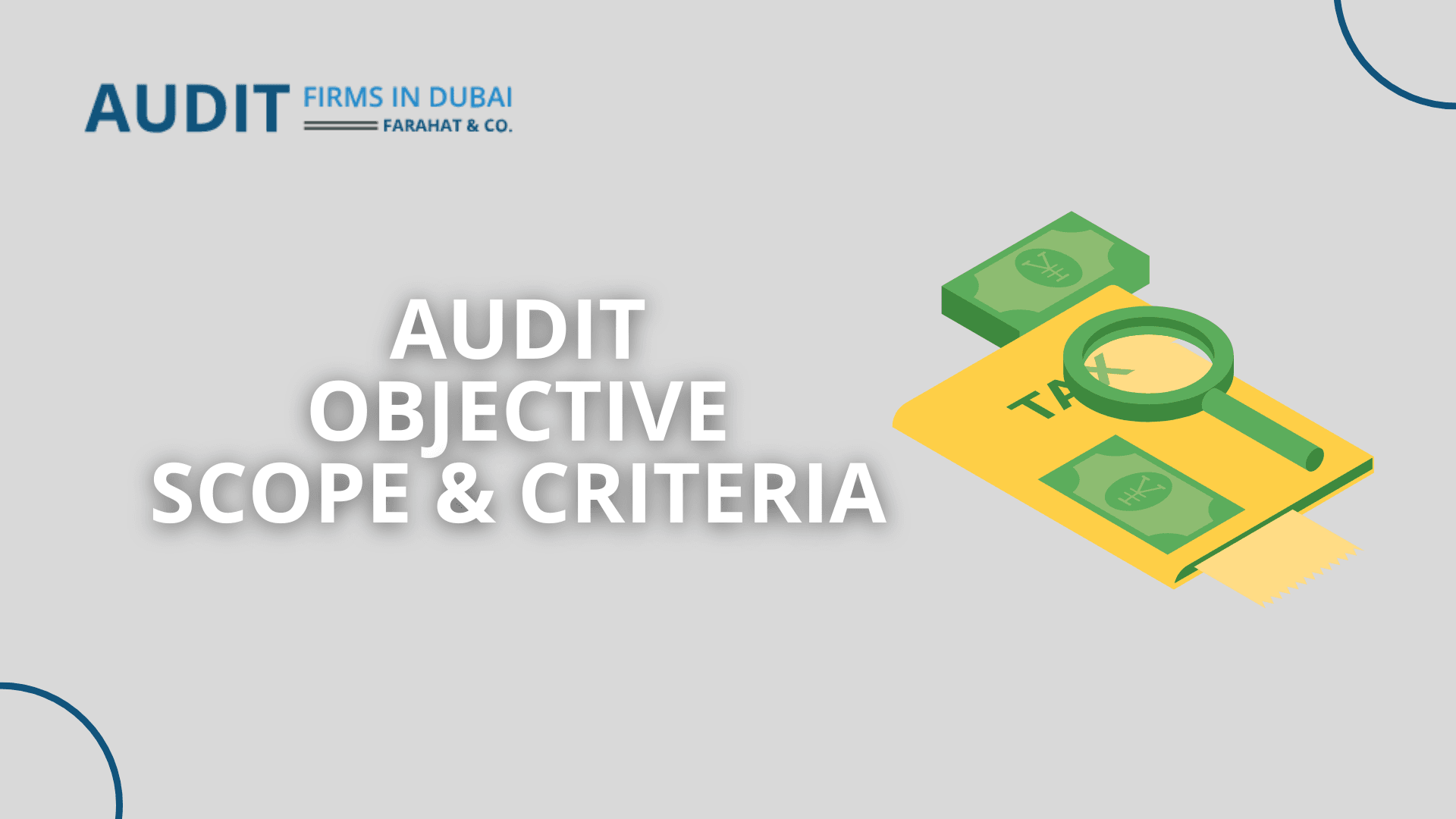Audits are essential for ensuring that businesses operate professionally, adhere to protocols, and uphold financial integrity. Before beginning an audit, it is imperative to establish three key elements: the objective, the scope, and the criteria.
Understanding these components is vital for both auditors and stakeholders, as they shape the entire audit process, from planning to execution and reporting.
Also read: Audit Criteria In Internal Audit
In this article, we will delve into these foundational aspects in detail.
Audit Objective
Audit objectives are the goals that an auditor seeks to attain during the audit process. These objectives offer a framework for the audit and assist ensure that the auditor conducts a detailed and operative inspection of the financial records of the entity being audited.
Also read: Can Audit Firms Provide Consulting Services to Their Audit Clients
The main objectives of an audit can be broadly considered into the following;
Opinion on Financial Statements
The main objective of an audit is to provide opinions on the financial statements;
- Evaluating whether the financial statements have been prepared in line with the financial reporting standard.
- Fairly represent the financial position, performance, and cash flows of the entity
Evaluate Internal Controls
An imperative objective of an audit is to assess the efficiency of the entity’s internal control system. It includes procedures and processes planned to prevent and detect errors, fraud, and non-compliance with rules and regulations.
Finding Fraud and Errors
Indeed, the main focus of an audit is to express opinion on the financial statements but auditors must spot material fraud and errors during the audit process. This includes investigating unusual transactions, inconsistencies, and other fraud or error
Compliance With Rules and Regulations
Auditors are essential to consider the entity’s compliance with related rules and regulations in the audit process. This comprises;
- Assessing whether the entity has complied with applicable rules.
- Evaluating the impact of any identified non-compliance on the financial statements
Audit Scope
The audit scope outlines the limitations of the audit.
Audit Criteria
Audit criteria are the standards against which the audit evidence is assessed. They signify the values, plans, protocols, and practices used to evaluate the entity being audited.
The criteria help as a basis for making audit findings and conclusions.
What Are the Considerations for Setting Objectives, Scope, and Criteria?
Some factors must be considered while Setting Objectives, Scope, and Criteria such as;
-
- Know the auditee’s explicit requirements and goals. Adapt the audit objective, scope, and criteria to report their exclusive necessities and concerns.
- Ensure that the audit line up with valid legal and regulatory obligations. Consider any explicit standards, strategies, or frameworks that might outline the audit process.
- Evaluate the risks and possible areas of concern within the auditee’s processes.
Conclusion
Understanding Audit Objectives, Scope, and Criteria is essential for conducting effective and insightful audits. These elements form the foundation for auditors to assess performance, identify areas for improvement, and offer valuable insights to stakeholders.
Also read: Absolute Assurance in Auditing
By setting objectives aligned with stakeholders' needs, defining a well-structured audit process, and establishing relevant criteria, auditors can provide accurate, consistent, and meaningful audit findings.
Farahat & Co., a reputable audit firm in the UAE, has a skilled team capable of promptly addressing all issues. It is highly recommended to seek their expert assistance.
Kasun Liyanage is an Audit Manager with over 7 years of experience dealing with diversified corporate clients. He not only manages the team’s work schedule but also is an expert in handling audit areas such as external audits and fraud investigation, Internal control benchmarking and best practices and well as preparation of financial statements and IFRS compliance.
